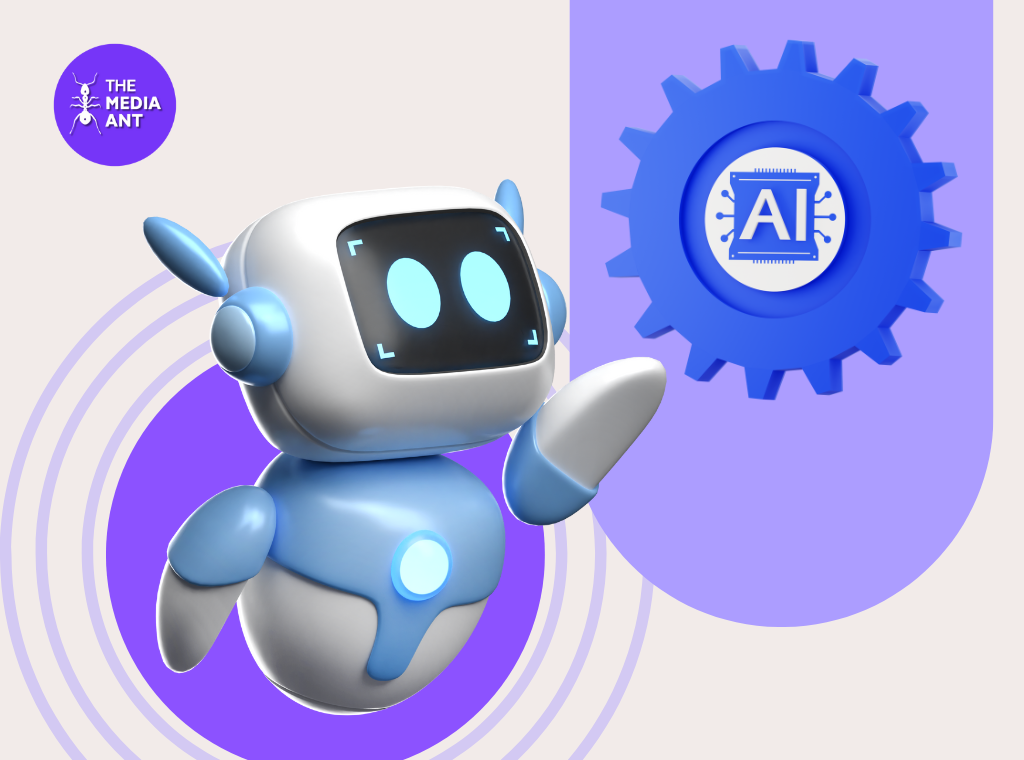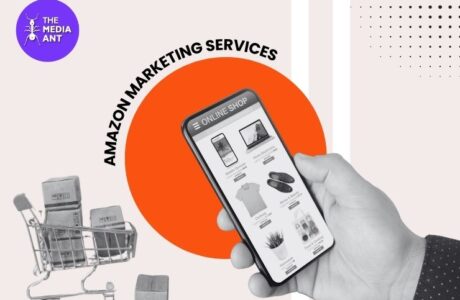Brief Overview of AI’s Impact on Businesses
Artificial intelligence is reaching unprecedented heights, with ongoing experiments pushing its boundaries.It is enhancing the functioning of companies by providing them with effective resources to enhance their outputs, organize their data, facilitate their decisions and enhance their customers’ satisfaction. From mundane processes to analytical solutions, there is no way a business could go through a data-centric world without leaning on artificial intelligence. The AI tools for businesses have become the new normal of business growth as we enter the year 2025 onwards.
What are the Top 10 AI Tools for Business?
ChatGPT (Business Edition)
Overview:
ChatGPT Business Edition by OpenAI is a professional tool for business people with a broad range of opportunities. It is very good at Information Retrieval and other aspects such as Customer Support, Content Creation and Business to Business Communications.
Key Features:
- Advanced conversational AI for customer interaction.
- Document drafting and proofreading.
- Seamless integration with CRM systems and third-party apps.
Use Case:The possibilities for enterprises are best summarized as follows: ChatGPT can be used to automate replies to queries from customers, as well as to generate marketing content or training materials.
Zendesk AI
Overview: Zendesk AI is well-designed to work specifically for customer service. Through the use of machine learning, it assists organizations to provide excellent customer support services.
Key Features:
- AI-powered chatbots for 24/7 customer support.
- Sentiment analysis to understand customer emotions.
- Workflow automation to resolve tickets faster.
Use Case:
Perfect for any organization that wants to attempt to handle its helpdesk proficiently and satisfy clients rapidly.
HubSpot AI
Overview: HubSpot AI runs smoothly with other tools in marketing, and sales, and service toolkits to bring valuable information and automation.
Key Features:
- Predictive lead scoring to identify high-potential prospects.
- AI-driven marketing campaign optimization.
- Automated content suggestions for blogs and emails.
Use Case: Ideal for organizations that intend to expand the marketing initiative and increase the rate of leads’ conversion.
Marketo Engage (Adobe)
Overview: Adobe’s Marketo Engage is a leading AI tool for marketing automation and customer engagement.
Key Features:
- AI-driven personalization for email and ad campaigns.
- Advanced audience segmentation.
- Real-time performance tracking and insights.
Use Case: Best suited for enterprises focusing on personalized, data-driven marketing strategies.
Tableau AI
Overview: Tableau AI is a data visualization tool that integrates AI capabilities to provide deeper insights and predictive analytics.
Key Features:
- Natural language queries for data analysis.
- Predictive modeling for forecasting trends.
- Automated alerts for key data changes.
Use Case: Ideal for organizations needing intuitive, AI-powered data visualization and reporting.
Power BI with AI
Overview: Microsoft’s Power BI leverages AI to deliver comprehensive business intelligence solutions.
Key Features:
- AI-driven insights through machine learning.
- Automated data preparation and cleansing.
- Integration with Azure Machine Learning for advanced analytics.
Use Case: Suitable for businesses looking to enhance their data analytics capabilities with AI-driven insights.
Workday AI
Overview: Workday AI specializes in human capital and financial management, offering AI tools to optimize workforce planning and resource allocation.
Key Features:
- AI-powered workforce insights and talent management.
- Expense forecasting and anomaly detection.
- Personalized career development recommendations.
Use Case: Excellent for businesses aiming to streamline HR processes and financial planning.
Lattice AI
Overview: Lattice AI focuses on employee engagement and performance management, helping organizations create a motivated workforce.
Key Features:
- AI-driven performance review analysis.
- Sentiment analysis for employee feedback.
- Customized learning and development plans.
Use Case: Designed for companies that prioritize employee engagement and organizational culture.
IBM Watson
Overview: IBM Watson is a versatile AI platform offering solutions across various industries, from healthcare to retail.
Key Features:
- Natural language processing for business applications.
- AI-powered predictive analytics.
- Robust chatbot capabilities.
Use Case: Ideal for businesses seeking a customizable AI solution tailored to industry-specific needs.
Blue Yonder
Overview: Blue Yonder specializes in AI-driven supply chain management, helping businesses optimize operations.
Key Features:
- Demand forecasting and inventory optimization.
- Real-time supply chain monitoring.
- Automated decision-making for logistics.
Use Case: Perfect for companies focusing on efficient supply chain and logistics management.
How to Choose the Right AI Tool for Your Business?
Selecting the right AI tool depends on your business’s specific needs and goals. Consider the following factors:
- Identify Business Needs: Determine which processes or functions require optimization. For example, marketing, customer service, or data analytics.
- Ease of Integration: Choose tools that can seamlessly integrate with your existing systems and workflows.
- Scalability: Ensure the tool can scale with your business growth.
- Cost and ROI: Assess the cost of the tool against its potential return on investment.
- User-Friendliness: Opt for tools that are intuitive and easy for your team to adopt.
- Vendor Support: Look for providers that offer robust support and regular updates.
Conclusion
AI tools are revolutionizing the business landscape, providing solutions that enhance efficiency, accuracy, and decision-making. The top 10 AI tools for businesses in 2025 offer a range of functionalities, from customer service to data analytics and supply chain optimization. By carefully assessing your business needs and aligning them with the capabilities of these tools, you can unlock their full potential and drive growth in the competitive market.
FAQs
How can AI be used in a business?
AI can be used to automate routine tasks, analyze large datasets, personalize customer experiences, and optimize decision-making processes across various departments such as marketing, sales, HR, and logistics.
What is an example of AI in business?
An example of AI in business is using chatbots like ChatGPT to provide 24/7 customer support, reducing response times and improving customer satisfaction.
How can AI be used in business intelligence?
AI enhances business intelligence by providing predictive analytics, identifying trends, and offering actionable insights through tools like Tableau AI and Power BI with AI.
How will AI be used in business in the future?
In the future, AI will play a key role in hyper-personalized marketing, autonomous supply chain management, advanced fraud detection, and real-time decision-making.
What is the application of AI in business?
AI applications in business include customer relationship management, predictive analytics, marketing automation, employee engagement, financial forecasting, and supply chain optimization.





